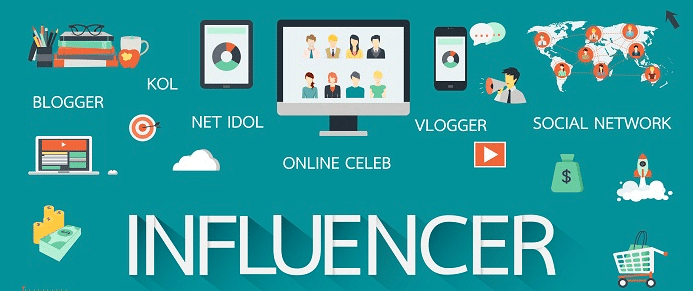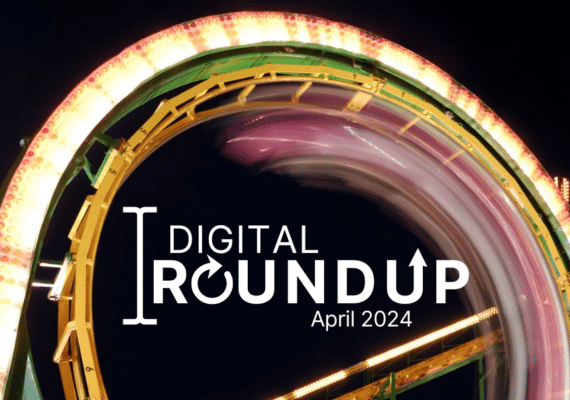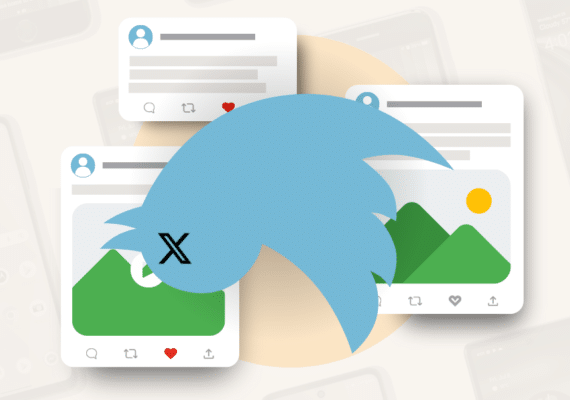On the 21st of February 2018, Kylie Jenner, possibly one of the most famous influencers in the world tweeted this – “Sooo does anyone else not open Snapchat anymore? Or is it just me… ugh this is so sad.” She was referring to Snapchat’s new updated interface which has caused huge backlash ever since they released it in mid-February. Jenner’s subsequent tweet has received over 50,000 retweets and as a result, caused Snapchat to stock to drop 6% which equates to over 1.3 billion dollars!
The fact that one person could cause the Snapchat stock price to plummet this much does beg the question how much power do influencers actually have?
For those of you who are unaware what an influencer is, basically, a social media influencer is an individual who has the power to affect purchase decisions of others because of their authority, knowledge, position or relationship with their audience. They normally are an individual who has a following in a particular niche, which they actively engage with.
Influencers range from Kylie Jenner (who reportedly makes $300,000 per Instagram post) to more niche micro-influencers like Kate Smyth (mad_about_the_house) who only has 86,000 Instagram followers (compared to Kylie Jenner’s 104,000,000) but her audience whilst is smaller could be just as effective for some targeted marketing. Micro influencers normally have a lot less followers (between 10,000 and 100,000) but their following is more engaging and more involved with their particular niche.
According to recent studies, only 3 percent of people yield over 90 percent of impact online meaning when they speak, others listen, this makes them key players in building brand loyalty. Influencer marketing is the most powerful force in marketing, with product endorsements being 11 times more effective than banner ads and according to research, fashion and beauty brands are spending between 30 to 75% of their marketing budgets on influencers and over $255 million is spent every month on influencer marketing!
This suggests that influencer marketing and celebrity endorsements are not only an incredibly powerful source of marketing but also that it’s become a norm in marketing and shouldn’t expect to see it change anytime soon! The future for influencer marketing suggests that power will only fall further into the hands of the influencers but also we might see the micro-influencers becoming more successful than due to their more targeted following.







